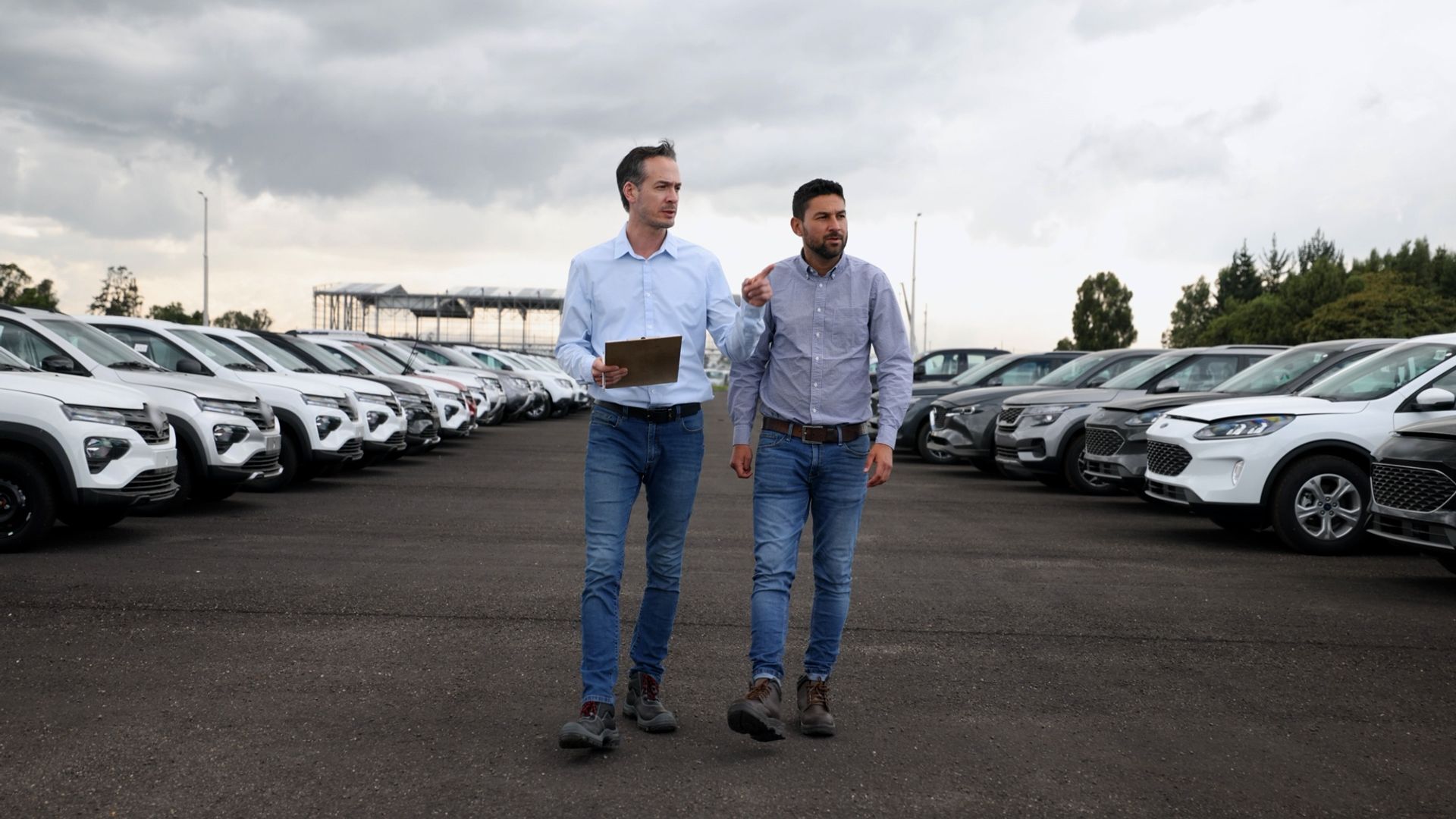
FOR THE FIRST TIME EVER, ALL OF AMERICA’S AUTOMAKERS ARE FACING A STRIKE FROM THE UNITED AUTO WORKERS UNION.
AS GM, FORD AND STELLANIS ATTEMPT TO CONTEND WITH A WORK STOPPAGE THAT COULD CONTINUE ON FOR WEEKS, WHAT WILL ALL THIS MEAN FOR CONSUMERS?
THE CAR MARKET HAD BEEN ON THE REBOUND- WITH PRICES COMING DOWN AFTER A SPIKE DURING THE PANDEMIC.
AND THE CHIP SHORTAGE THAT PUT A CRUNCH ON SUPPLY – HAD FADED IN THE REAR VIEW MIRROR.
THESE FACTORS CAUSED THE AVERAGE PRICE OF A NEW VEHICLE TO RISE.
ON AVERAGE- TEN THOUSAND DOLLARS MORE THAN WHERE IT HAD BEEN JUST FIVE YEARS AGO.
THIS SUMMER WE SAW THE MEDIAN PRICE FALL BY ABOUT TWO-THOUSAND-DOLLARS. BUT NOW – THERE ARE NEW CONCERNS STEMMING FROM THE ONGOING STRIKE.
EXPERTS BELIEVE PRICE HIKES ARE LIKELY COMING FOR PROSPECTIVE NEW AND USED CAR BUYERS.
PAT RYAN, CEO OF THE CAR-SHOPPING WEBSITE CO-PILOT, SAID QUOTE “WE ARE NOT IN A POSITION WHERE THERE’S ENOUGH SUPPLY FOR CONSUMERS TO NOT FEEL A LOT OF PRICING PAIN. WE JUST SIMPLY DON’T HAVE THE SUPPLY OF POPULAR BRANDS AND MODELS BACK TO A POINT WHERE EVEN A SHORT STRIKE COULD BE WEATHERED WITHOUT IMPACTING PRICING.”
HOW HIGH THOSE PRICES GO – REMAINS TO BE SEEN.
INDUSTRY ANALYSTS WITH J.D. POWER AGREE THE COSTS OF VEHICLES WILL RISE, BUT NOT TO THE LEVELS WE SAW JUST A FEW YEARS AGO.
A NUMBER OF POPULAR BRANDS, INCLUDING TOYOTA, BMW, HYUNDAI, AND TESLA ARE STILL PRODUCING VEHICLES IN THE U.S. AS THEIR WORKERS ARE NOT UNIONIZED AND THEREFORE NOT A PART OF THE ONGOING STRIKE.
OFFICIALS WITH COX AUTOMOTIVE SAY THE CURRENT WORK STOPPAGE WILL ONLY AFFECT SOME PRODUCT LINES INITIALLY, THOUGH THE IMPACT OF THE STRIKE COULD ULTIMATELY EXPAND.
WITH NO CLEAR END IN SIGHT TO THE UAW’S STRIKE, AND THE LIKELIHOOD OF ADDITIONAL PLANTS SEEING WORK STOPPAGES CONTINUING TO INCREASE BY THE DAY, CONSUMERS ARE LIKELY TO GET HIT GRADUALLY HARDER THE LONGER THIS SITUATION CARRIES ON.






